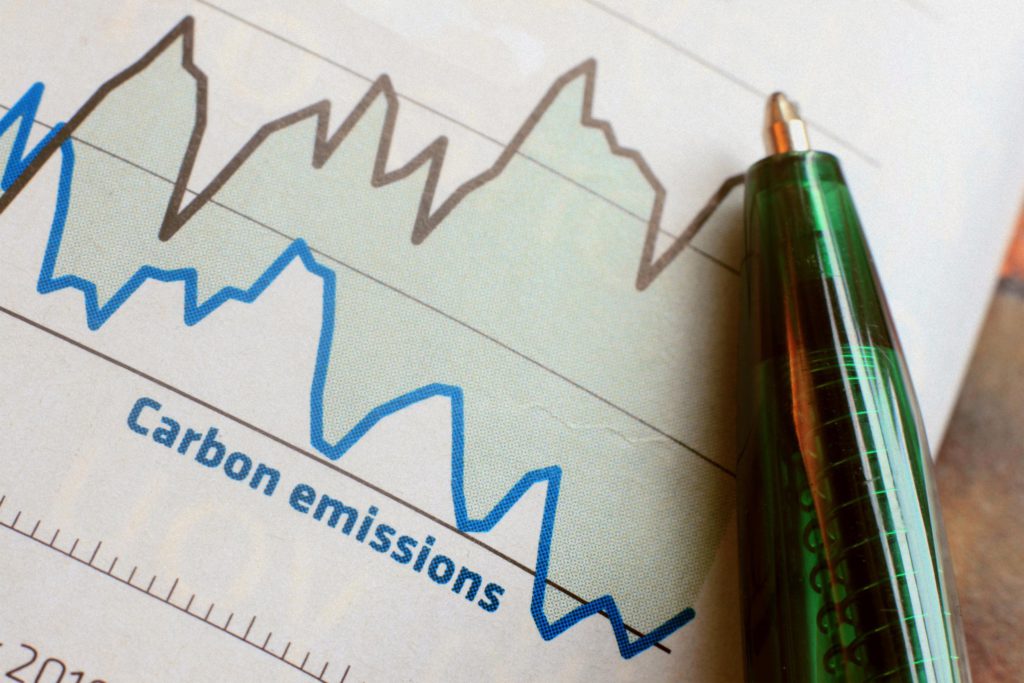Missing CO2 targets will open up carmakers to a potential takeover
30 July 2019

30 July 2019
Carmakers missing EU CO2 targets will face ′crippling fines’ leaving them ′ripe for takeover’ according to PSA Group boss Carlos Tavares.
The rules will spark upheaval across the industry, according to Tavares, who was speaking to the Financial Times. Missing these targets will damage reputations and finances, which in turn could cause a run on share prices.
′The companies that are going to miss the 2021 [targets] will be in trouble,’ said Mr Tavares, arguing they will be left playing catch-up to hit steeper targets in 2025 and 2030 and leaving them open to being acquired as valuations tumble.
′The reality is that some people may have big surprises about the gap between the equity story and the reality of what’s going to happen.’
From next year and to the end of 2021, carmakers need to meet an average emissions standard of 95g/km across their fleets. If they do not, they will be fined €95 for every gram over the limit, multiplied by the number of cars sold in those two years. For some, the financial penalties could amount to billions of euros.
Fine impact
The newspaper reports that analysts consider Fiat Chrysler Automobiles (FCA), PSA Group, Ford and Jaguar Land Rover to be those most likely to miss targets. Other consulting firms suggest that Volkswagen (VW) will be the carmaker most affected, while FCA has agreed a deal with Tesla, which will see the Italian carmaker buy the EV specialist’s CO2 credits, helping them to lower their fleet average.
There are those in the industry that believe the CO2 fines that will be levied on carmakers will be preventative rather than challenging technology development. Speaking to Autovista Group earlier this year, SMMT chief executive Mike Hawes said: ′What governments and Europe needs is for carmakers to be profitable, to be able to afford research and development of electric, hybrid, PHEV, hydrogen and any other potential low and zero-emission fuels. By fining them for being over targets, they are not helping in the push to greener driving.’
PSA intends to use its electric vehicles to hit the targets, with a worst-case scenario of 7% of sales being electric or hybrid while 10% of sales will be diesel – once a reliable contributor to falling CO2 emissions. Even under this scenario, the company would remain profitable, said Tavares.
Deal hunting
PSA Group has been looking for another acquisition, following its success with Opel, which it bought from General Motors in 2017. The French company has turned around the fortunes of its new marque, bringing it back to profit in the first 18 months under the Group’s stewardship, following years of losses.
Advanced talks over the purchase of FCA were underway earlier this year, until the Italian business attempted a merger with Renault – a move that was abandoned following objections from Renault’s alliance partner Nissan and problems with the French Government. With an extra €3 billion on its balance sheet, according to the newspaper, Tavares’ comments about CO2 emissions could pave the way for the company to dip into the market again for a smaller carmaker.
The PSA head also described the rationale for any future takeover, saying that global scale ′is only meaningful when you dilute the research and development costs’.
Manufacturer bosses are increasingly looking at collaborations to spread the cost of expensive technology, almost forced upon the industry by regulations. Ford and VW are working together on autonomous and electric systems, while BMW and Daimler have joined forces on autonomous driving and mobility services.
Opel too will benefit from its PSA Group ownership, with the turnaround PACE! plan highlighting that the carmaker will share platforms, while the entire organisation pushes the development of electric cars.